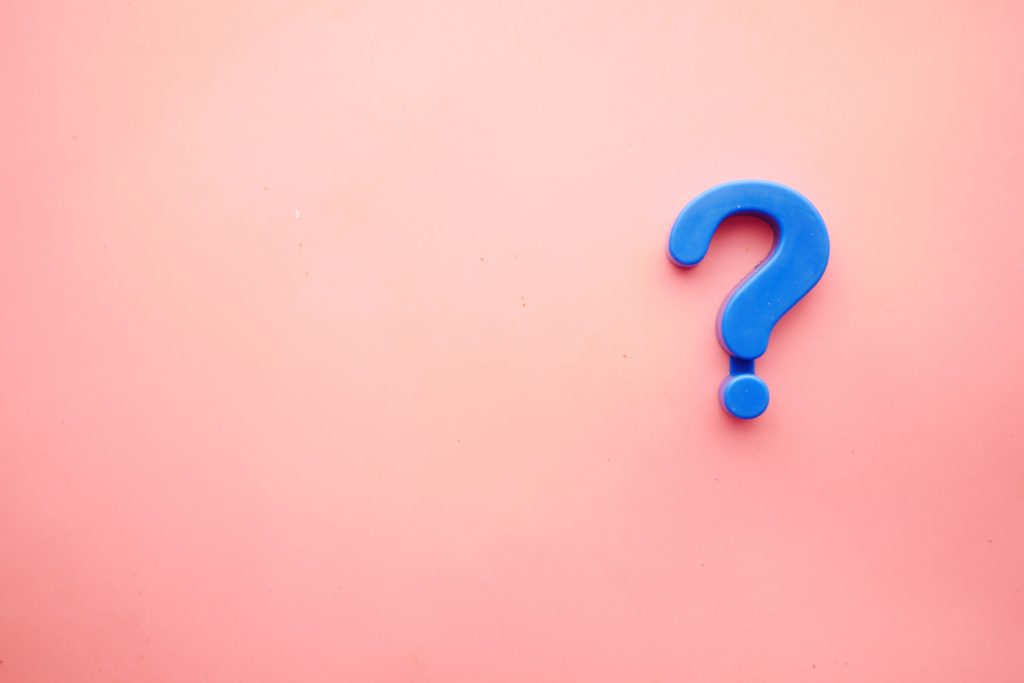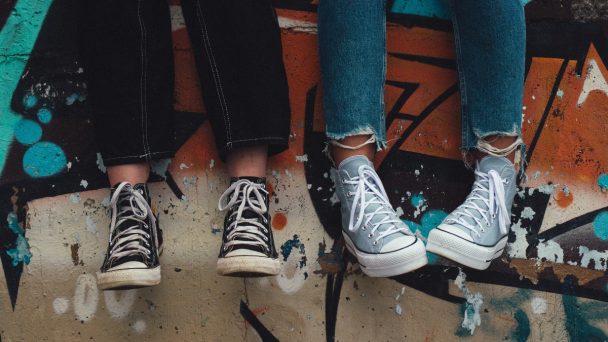True or False?

Beer after wine brings venom, wine after beer gives pleasure
You are probably familiar with the above expression. But is it also correct? The University of Cambridge and the Universität Witten/Herdecke both conducted research into this. An evening out was simulated under strict laboratory conditions, in which 90 subjects voluntarily allowed themselves to fill up.
The 90 subjects were divided into 3 test groups. One group drank beer first, then wine. The second group first wine and then beer. And the third group drank only wine or beer. The participants all drank about 1.1 per mille in the form of beer and/or wine, while the scientists observed the subjects and subjected them to questions such as: on a scale from 0 to 10, how drunk/sick do you feel right now?
The evening did not traditionally end with a shawarma sandwich, but with a glass of water. Then the participants crawled under the wool and slept off their intoxication under medical supervision. The next day, they had to rate their hangovers based on factors such as fatigue, headache, thirst, and nausea. As a control, the participants came back a week later to do this whole process again, but in reverse. The people who drank beer first, then wine, now drank wine first, then beer.
drum roll
The result? 'Beer after wine brings venom, wine after beer gives pleasure' is a nice saying, but no more than that. The order of the drinks does not affect the severity of the hangover the next day. The type of drink you drink can affect the severity of your hangover. For example, red wine and rum cause more severe hangovers than beer and wine. By the way, not drinking alcohol seems to work best if you are not waiting for headaches and nausea; ) Source: ad.nl


